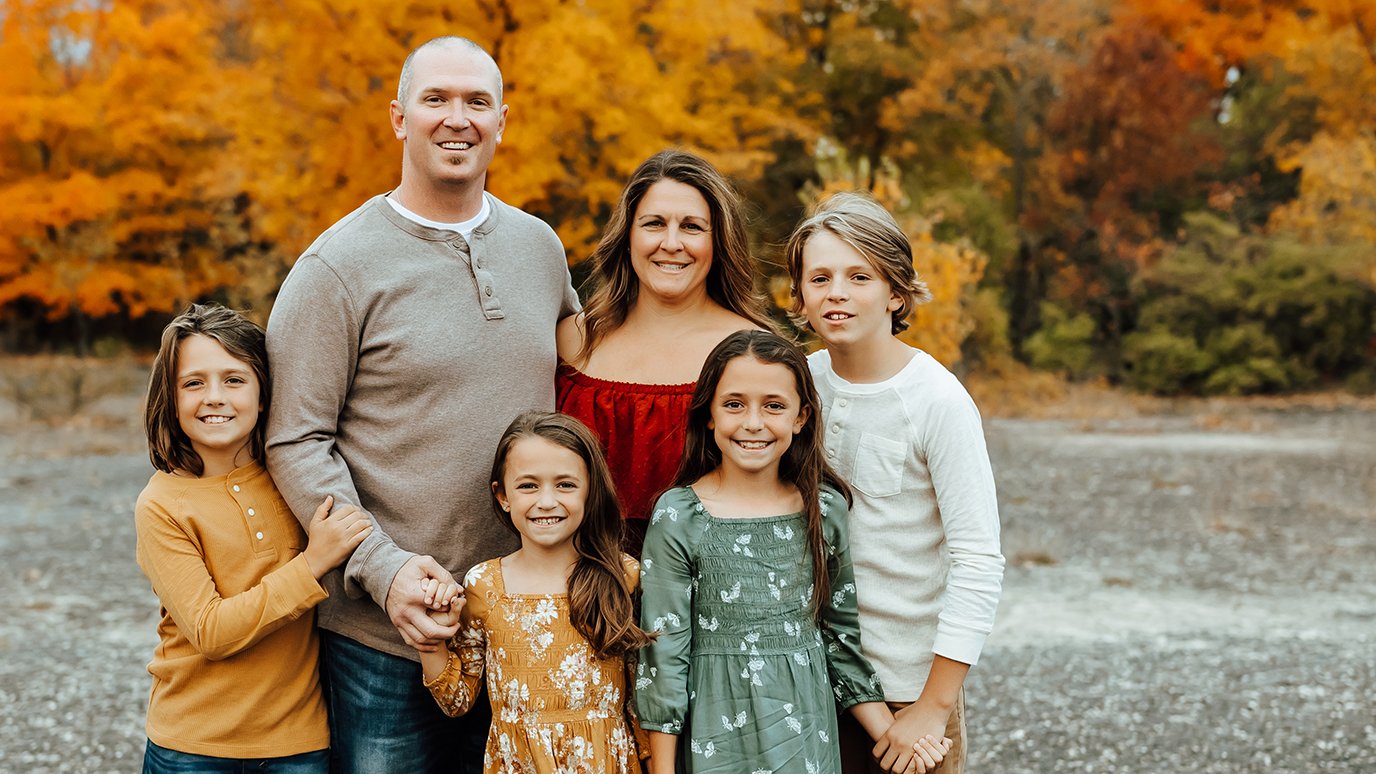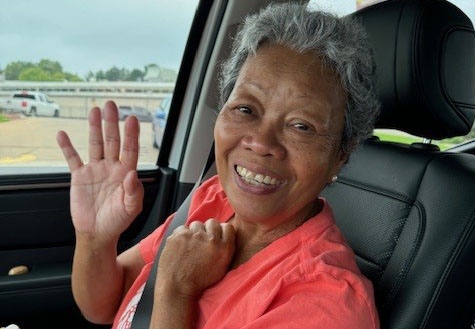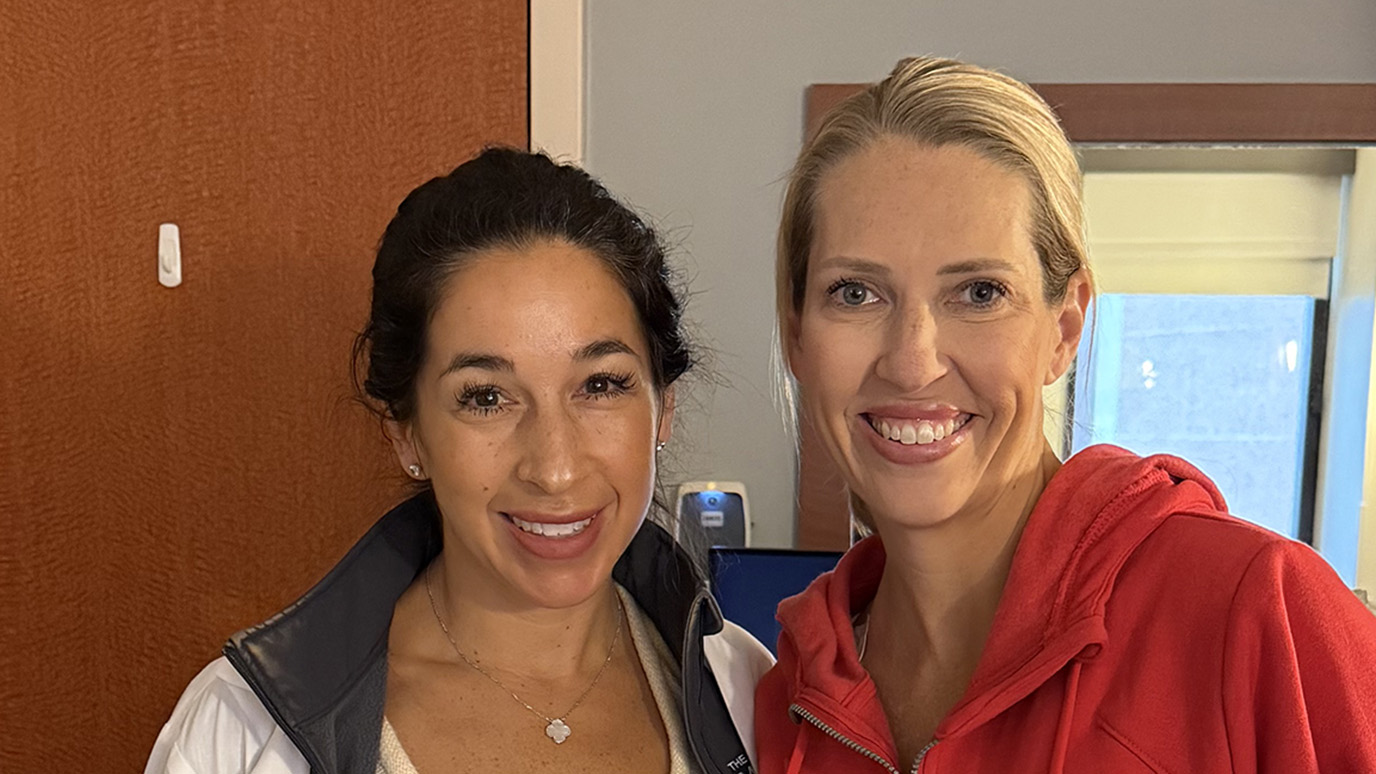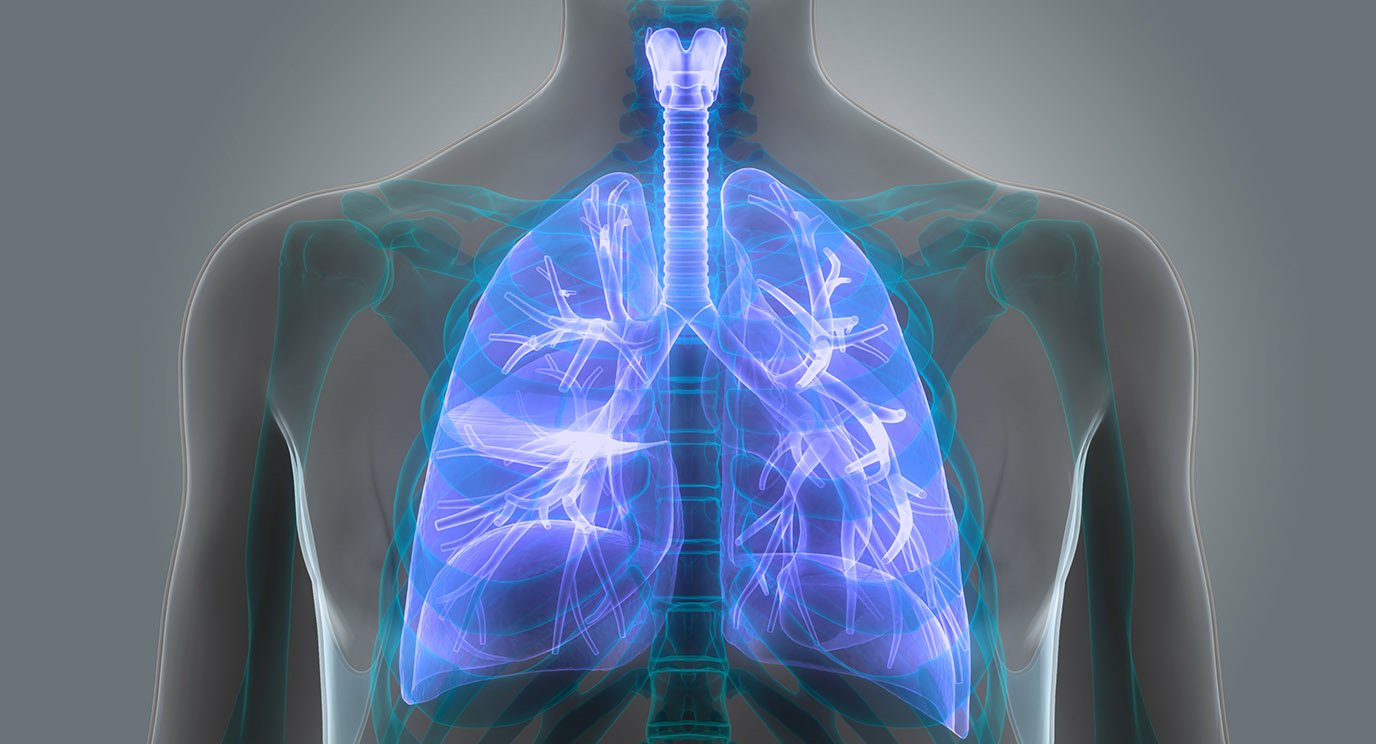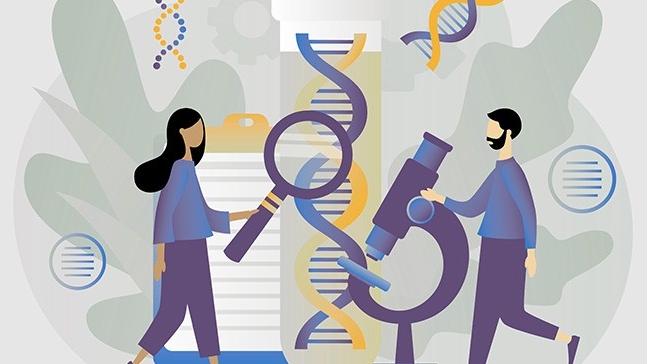- Diseases
- Acoustic Neuroma (14)
- Adrenal Gland Tumor (24)
- Anal Cancer (66)
- Anemia (2)
- Appendix Cancer (16)
- Bile Duct Cancer (28)
- Bladder Cancer (68)
- Brain Metastases (28)
- Brain Tumor (228)
- Breast Cancer (710)
- Breast Implant-Associated Anaplastic Large Cell Lymphoma (2)
- Cancer of Unknown Primary (4)
- Carcinoid Tumor (8)
- Cervical Cancer (154)
- Colon Cancer (164)
- Colorectal Cancer (110)
- Endocrine Tumor (4)
- Esophageal Cancer (42)
- Eye Cancer (36)
- Fallopian Tube Cancer (6)
- Germ Cell Tumor (4)
- Gestational Trophoblastic Disease (2)
- Head and Neck Cancer (4)
- Kidney Cancer (124)
- Leukemia (344)
- Liver Cancer (50)
- Lung Cancer (288)
- Lymphoma (284)
- Mesothelioma (14)
- Metastasis (30)
- Multiple Myeloma (98)
- Myelodysplastic Syndrome (60)
- Myeloproliferative Neoplasm (4)
- Neuroendocrine Tumors (16)
- Oral Cancer (98)
- Ovarian Cancer (172)
- Pancreatic Cancer (166)
- Parathyroid Disease (2)
- Penile Cancer (14)
- Pituitary Tumor (6)
- Prostate Cancer (144)
- Rectal Cancer (58)
- Renal Medullary Carcinoma (6)
- Salivary Gland Cancer (14)
- Sarcoma (234)
- Skin Cancer (294)
- Skull Base Tumors (54)
- Spinal Tumor (12)
- Stomach Cancer (60)
- Testicular Cancer (28)
- Throat Cancer (90)
- Thymoma (6)
- Thyroid Cancer (98)
- Tonsil Cancer (30)
- Uterine Cancer (78)
- Vaginal Cancer (14)
- Vulvar Cancer (18)
- Cancer Topic
- Adolescent and Young Adult Cancer Issues (20)
- Advance Care Planning (10)
- Biostatistics (2)
- Blood Donation (18)
- Bone Health (8)
- COVID-19 (362)
- Cancer Recurrence (120)
- Childhood Cancer Issues (120)
- Clinical Trials (620)
- Complementary Integrative Medicine (22)
- Cytogenetics (2)
- DNA Methylation (4)
- Diagnosis (224)
- Epigenetics (6)
- Fertility (62)
- Follow-up Guidelines (2)
- Health Disparities (14)
- Hereditary Cancer Syndromes (122)
- Immunology (18)
- Li-Fraumeni Syndrome (8)
- Mental Health (116)
- Molecular Diagnostics (8)
- Pain Management (64)
- Palliative Care (8)
- Pathology (10)
- Physical Therapy (18)
- Pregnancy (18)
- Prevention (880)
- Research (384)
- Second Opinion (74)
- Sexuality (16)
- Side Effects (596)
- Sleep Disorders (10)
- Stem Cell Transplantation Cellular Therapy (216)
- Support (404)
- Survivorship (324)
- Symptoms (182)
- Treatment (1762)
Lung cancer survivor: 'I have a lot of living left to do'
3 minute read | Published November 06, 2013
Medically Reviewed | Last reviewed by an MD Anderson Cancer Center medical professional on November 06, 2013
Suzan Shughart had an extra reason to celebrate on her 60th birthday: It was also her last day of lung cancer treatment at MD Anderson.
It was a day she’d thought might never come. Less than a year earlier, doctors had told Suzan she had 18-24 months to live.
“My brain just said no,” she says. “I’ve got four children. I’ve got grandchildren. I have a lot of living to do.”
A mysterious lung cancer diagnosis
When Suzan had first received her cancer diagnosis, her doctors were stumped. Her test results showed both large and small cell lung cancer, not in her lung but in her chest.
Her doctor suggested that she start treatment and, said that if that didn’t work, she could seek a second opinion at MD Anderson. But Suzan decided to skip the first step, instead heading to Houston, home to MD Anderson and one of Suzan’s sons.
At MD Anderson, doctors spent a whole day examining Suzan. Then, for the next 30 days, they performed different tests on her, trying to find the best way to defeat her cancer.
Eventually, Suzan received her lung cancer diagnosis: a high-grade neuroendocrine carcinoma, an anterior mediastinal tumor attached to the pericardium, a double-walled sac that holds the heart and aorta. Her treatment was to include surgery, chemotherapy and radiation. After undergoing surgery, she was able to return home to Arizona to have her chemotherapy administered.
Treating lung cancer with proton therapy
After completing chemotherapy, Suzan returned to MD Anderson to begin radiation therapy and again shocked her doctors: her cancer had returned.
This time, doctors recommended a new type of treatment at a soon-to-open clinic: proton therapy. This would allow radiation to target Suzan’s cancer, but save the vital organs surrounding it, specifically her heart.
Every day for seven weeks, Suzan drove herself to the clinic for treatment at 7 a.m. sharp. She was usually back at her son’s home by 8, unless she stopped to pick up breakfast for her family.
“I was never sick a day,” Suzan says. But she did suffer other side effects. Her chest burned from the radiation treatment, and eating became difficult. Toward the end of her proton therapy treatment, Suzan considered dipping a spoon in yogurt a large meal. After proton therapy, she underwent esophageal dilation to make swallowing easier.
“It was a small price to pay,” she says. “I’m alive, and that’s what counts.”
A surprising breast cancer diagnosis
But that wasn’t the end of Suzan’s cancer journey. In May 2009, during her lung cancer follow-up appointment, she was diagnosed with breast cancer. Suzan took her breast cancer in stride and was just relieved that the lung cancer hadn’t returned and spread. Because Suzan’s lung cancer treatment had been so successful, she chose to continue treatment at MD Anderson.
“The thought that I might die from breast cancer never crossed my mind,” Suzan says. “Do you think I might have been in a little denial? Maybe, but it kept my attitude positive,” she adds with a laugh.
The doctors knew they couldn’t use any more radiation after all the radiation therapy Suzan had already endured for her lung cancer. But after a mastectomy, she was cancer-free.
An appreciation for MD Anderson and life as a cancer survivor
Now, Suzan travels to MD Anderson twice a year for follow-up care: once for breast cancer and once for lung cancer. Each time she returns, she notices positive changes at MD Anderson.
“What I like best about MD Anderson is they don’t rest on their laurels,” she says. “They’re always improving.”
While the distance between appointments has grown, Suzan takes comfort in the familiar surroundings – and the excuse to visit her family.
Not long before her original lung cancer diagnosis, Suzan’s granddaughter was born. Because she was undergoing lung cancer treatment in Houston and continues to return for follow-up visits, she’s gotten to witness many milestones, including her first steps.
“I wouldn’t have been there if I hadn’t had cancer,” she says. “I was right where I needed to be.”
Lung cancer is one of the cancers MD Anderson is focusing on as part of our Moon Shots Program to dramatically reduce cancer deaths. Learn more about our Lung Cancer Moon Shot.
Related Cancerwise Stories

What I like best about MD Anderson is they don’t rest on their laurels. They’re always improving. I was right where I needed to be.
Suzan Shugart
Survivor

